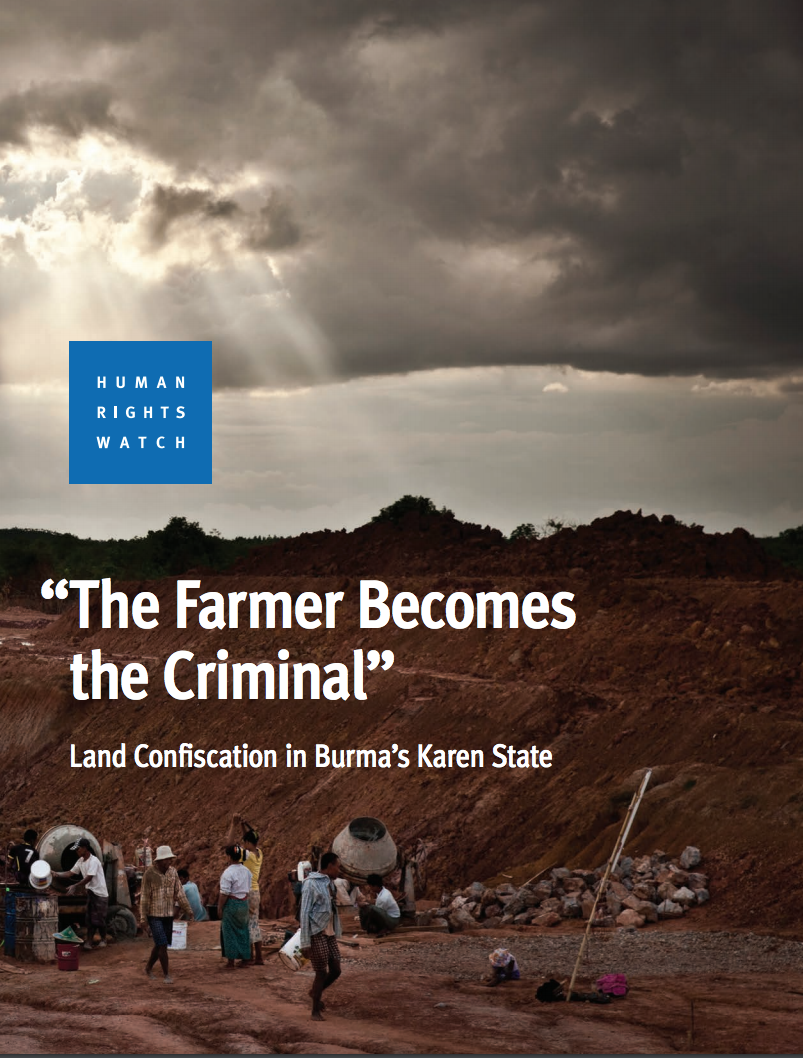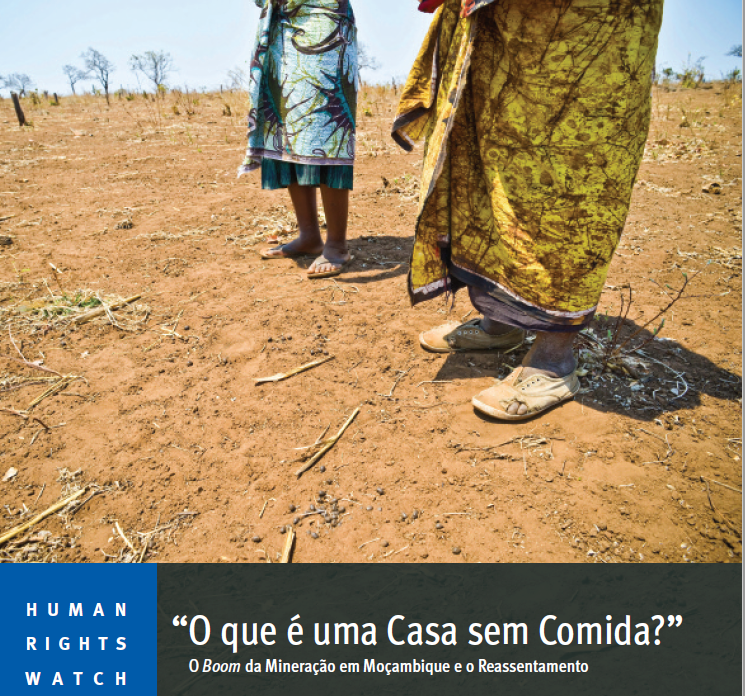Human Rights Watch is a nonprofit, nongovernmental human rights organization made up of roughly 400 staff members around the globe. Its staff consists of human rights professionals including country experts, lawyers, journalists, and academics of diverse backgrounds and nationalities. Established in 1978, Human Rights Watch is known for its accurate fact-finding, impartial reporting, effective use of media, and targeted advocacy, often in partnership with local human rights groups. Each year, Human Rights Watch publishes more than 100 reports and briefings on human rights conditions in some 90 countries, generating extensive coverage in local and international media. With the leverage this brings, Human Rights Watch meets with governments, the United Nations, regional groups like the African Union and the European Union, financial institutions, and corporations to press for changes in policy and practice that promote human rights and justice around the world.
MISSION STATEMENT
Human Rights Watch defends the rights of people worldwide. We scrupulously investigate abuses, expose the facts widely, and pressure those with power to respect rights and secure justice. Human Rights Watch is an independent, international organization that works as part of a vibrant movement to uphold human dignity and advance the cause of human rights for all.
CORE VALUES - WE ARE:
COMMITTED TO OUR MISSION OF DEFENDING HUMAN RIGHTS WORLDWIDE. Our work is guided by international human rights and humanitarian law and respect for the dignity of each human being.
INDEPENDENT. To ensure our independence, we do not accept government funds, directly or indirectly, or support from any private funder that could compromise our objectivity and independence. We do not embrace political causes, are non-partisan, and maintain neutrality in armed conflict.
FACTUAL, ACCURATE, AND ETHICAL IN OUR FACT-FINDING. We are committed to maintaining high standards of accuracy and fairness, including by seeking out multiple perspectives to develop an in- depth, analytic understanding of events. We recognize a particular responsibility for the victims and witnesses who have shared their experiences with us.
ACTIVELY FOCUSED ON IMPACT. We succeed only when our actions lead to positive and sustainable change. We are never complacent, always on the lookout for new opportunities to advance our cause. We also are committed to working on difficult situations, where long-term attention is required for meaningful impact.
SUPPORTIVE OF A DIVERSE AND VIBRANT INTERNATIONAL HUMAN RIGHTS MOVEMENT AND MUTUALLY BENEFICIAL PARTNERSHIPS. We work closely with a broad range of local and international civil society actors to maximize our impact. We speak out against attacks on civil society and defend the political space within which the broader human rights movement operates.
Members:
Resources
Displaying 6 - 10 of 20“The Farmer Becomes the Criminal” - Human Rights and Land Confiscation in Karen State (text and video)
In Burma, where 70 percent of people earn a living through agriculture, securing land is often equivalent to securing a livelihood. But instead of creating conditions for sustainable development, recent Burmese governments have enacted abusive laws, enforced poorly conceived policies, and encouraged corrupt land administration officials that have promoted the displacement of small-scale farmers and rural villagers.
“The Farmer Becomes the Criminal”
In Burma, where 70 percent of people earn a living through agriculture, securing land is often equivalent to securing a livelihood. But instead of creating conditions for sustainable development, recent Burmese governments have enacted abusive laws, enforced poorly conceived policies, and encouraged corrupt land administration officials that have promoted the displacement of small-scale farmers and rural villagers.
“How Can We Survive Here?” The Impact of Mining on Human Rights in Karamoja, Uganda
Basic survival is very difficult for the 1.2 million people who live in Karamoja, a remote region in northeastern Uganda bordering Kenya marked by chronic poverty and the poorest human development indicators in the country. Traditional dependence on semi-nomadiccattle-raising has been increasingly jeopardized. Extreme climate variability, amongst other factors, has made the region’s pastoralist and agro-pastoralist people highly vulnerable to food insecurity.
O que é uma Casa sem Comida?
Uma onda de investimento estrangeiro ligada aos recursos naturais em Moçambique, incluindo grandes reservas de carvão e gás natural offshore, promete novas possibilidades económicas para o país que durante muito tempo foi classificado como um dos mais pobres do mundo. As empresas multinacionais de mineração e de gás têm investido biliões de dólares em Moçambique nos últimos dez anos e o governo estima que vai atrair ainda cinquenta biliões de dólares de investimento adicional na próxima década.
“The Government Could Have Stopped This” - Sectarian Violence and Ensuing Abuses in Burma’s Arakan State
Summary:
"In June 2012, deadly sectarian violence erupted in western Burma’s Arakan State between
ethnic Arakan Buddhists and Rohingya Muslims (as well as non-Rohingya Muslims). The
violence broke out after reports circulated that on May 28 an Arakan woman was raped and
killed in the town of Ramri allegedly by three Muslim men. Details of the crime were
circulated locally in an incendiary pamphlet, and on June 3, a large group of Arakan
villagers in Toungop stopped a bus and brutally killed 10 Muslims on board. Human Rights





